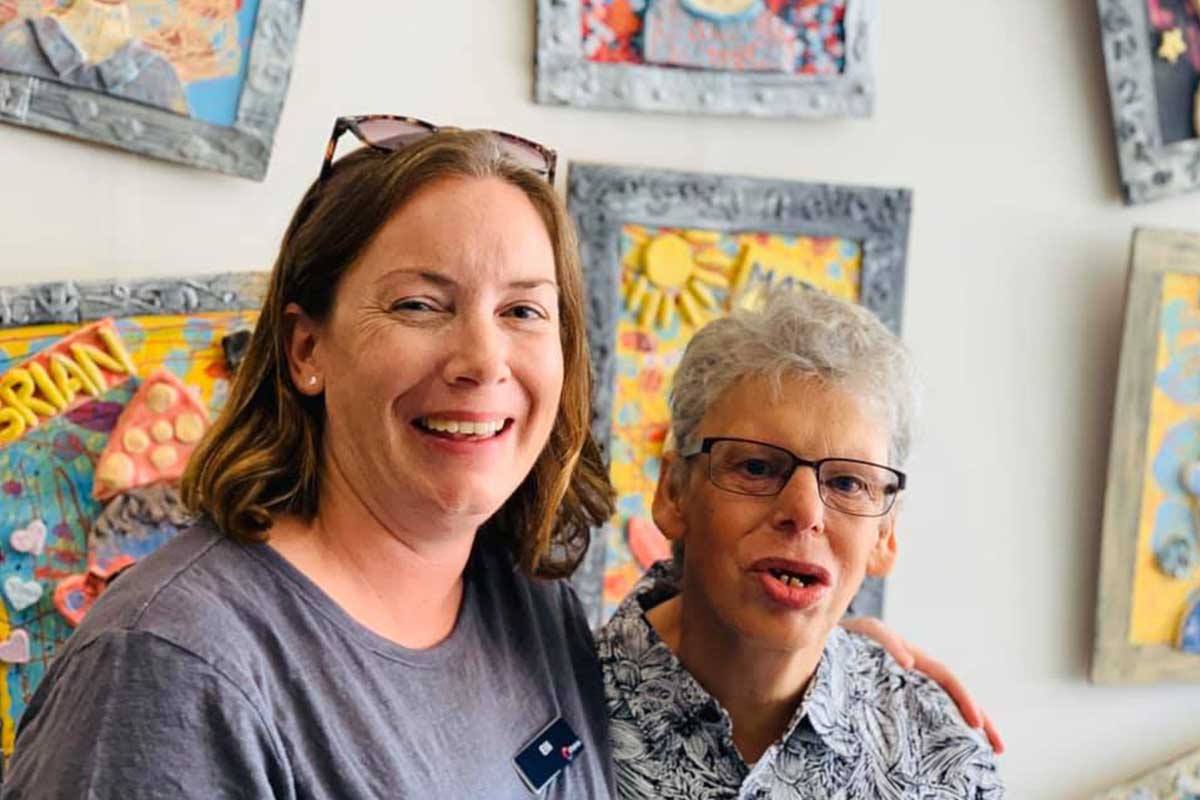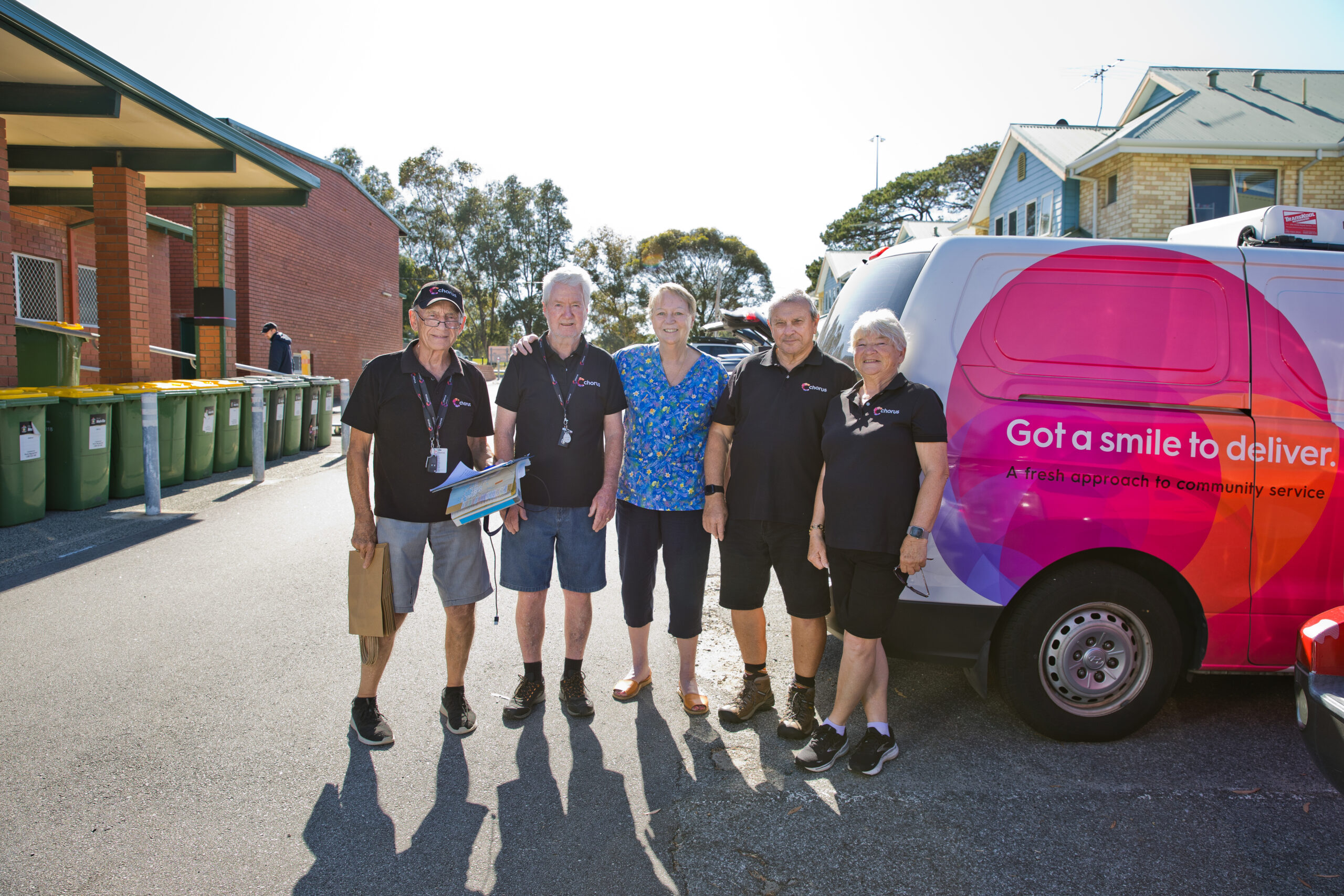Everyone wants to be in control of their own life, but sometimes we need a little help to live the way we want to.
To help older Australians maintain their independence we provide in-home support, including services as diverse as personal care, transportation, help with cleaning and gardening, and social events.
If you’re thinking about aged-care support for yourself or a family member, you’re probably curious about exactly what sorts of services are available and how to access them.
Types of aged-care assistance available in Australia
If you’re over 65 (or over 50 for Indigenous Australians) and finding it difficult to perform various day-to-day activities, you could be eligible for one or more of several types of aged-care support from the Australian Government, including:
- Help at home and in the community – including personal care, transportation, nursing, and more
- Short-term help – if you’re recovering from illness or surgery or need respite care
- Care in an aged-care home – if you need to ensure support is available 24 hours a day.
To find out what level of support is right for you or your family member, register for an assessment through the Government’s My Aged Care website.
How does the aged-care assessment process work?
Chorus manager of assessment services John Teixeira said anyone interested in aged-care support can self-refer, go through a GP, or be referred for assessment by a family member or friend.
“Your application will then go through a series of screenings to check details like age to make sure you qualify for support,” he said.
“Once your eligibility has been confirmed, the referral is sent to an assessment team in your area. That team will organise an appointment to visit you in your own home. It’s perfectly OK, normal — and desirable — for family and other people in your support network to be there for the assessment when it happens.”
John said the assessment team will walk you through a normal day and observe your usual activities of daily life. This process is all about showing the assessor your functional capability, so the assessment team can determine what services you need.
“The assessor will discuss these services with you and, once you’ve agreed on what kinds of support are needed, they will send a referral to a services provider of your choice.”
John said you’ll be offered a few choices based on your location and what services those providers and locations have available, unless you already have a preferred provider.
In-home support options available in Australia
If you are keen to stay in your own home and just need help with some tasks that have become more difficult than they used to be, there are two streams of assessment:
- Commonwealth Home Support Program – provides you with a range of basic support services in your own home. You may be eligible for this service if you have difficulties with everyday tasks
- Home Care Package – available if your needs become more complex as you get older. There are four “package” levels, ranging from basic to high-level care. These services are packaged based on your individual needs.
What type of support is available?
Depending on the aged-care provider you choose, there is a wide variety of services available once you have been approved for assistance. Here are some we provide at Chorus:
- Maintaining your home – everything from changing light bulbs to cleaning to doing minor repairs
- Cooking and meals – whether that’s helping to cook in the home or through our Chorus Kitchen meal delivery service
- Shopping, washing and daily household tasks – paying bills, banking and picking up groceries
- Showering, dressing and personal care
- Gardening – including lawn mowing, pruning and more
- Recreation – our social centres offer a range of activities and outings
- Relationships – we’ll help you stay in touch with friends and family and make new friends
- Finding a home – we can help low-income older people find a new home, if they need one, so they can keep living in their community
- Making your home safer – from changing the batteries in smoke alarms to changing the locks.
Chorus can help you stay at home. We can advise you on eligibility criteria and how to be assessed depending on your needs. Most of the services we offer are Government funded.



